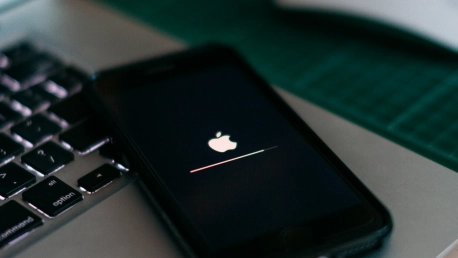Cybersecurity experts have raised alarms as the infamous LightSpy iOS malware re-emerges in South Asia, enhanced with alarming advancements. This update incorporates the ‘F_Warehouse’ framework, enabling the stealthy spyware to fetch and run encrypted plugins from an external server, thus bolstering its espionage prowess. Initially spread via compromised Hong Kong news sites, LightSpy now presents a grave security challenge. Its array of potential malicious activities spans file theft, audio recording, network scanning, app monitoring, and behavior tracking. The spyware’s ability to take photos, deduce device details, and harvest login data poses severe privacy concerns. These upgrades mark a severe intensification in cyberespionage efforts within the region, underscoring the pressing necessity for heightened security awareness and proactive defenses.
The Intensifying Cybersecurity Landscape
Beyond the specific instance of LightSpy’s advancement, the cybersecurity landscape as a whole is witnessing an alarming uptick in malicious activity. Reports by Cybernews indicate a significant surge in bot attacks, particularly in recent times. What’s more, instances of SIM swap scams have seen telecom employees as primary targets, showcasing how cybercriminals are constantly finding new intrusion paths.Additionally, privacy breaches are becoming all too common, with the mental health platform Cerebral being slapped with a hefty fine for sharing user data without proper consent. These developments underscore the pressing need for robust application security measures and the protection of personal information. As cyber threats evolve, the imperative is clear: only with stringent, proactive defenses can the safety and privacy of individuals and organizations be safeguarded.









